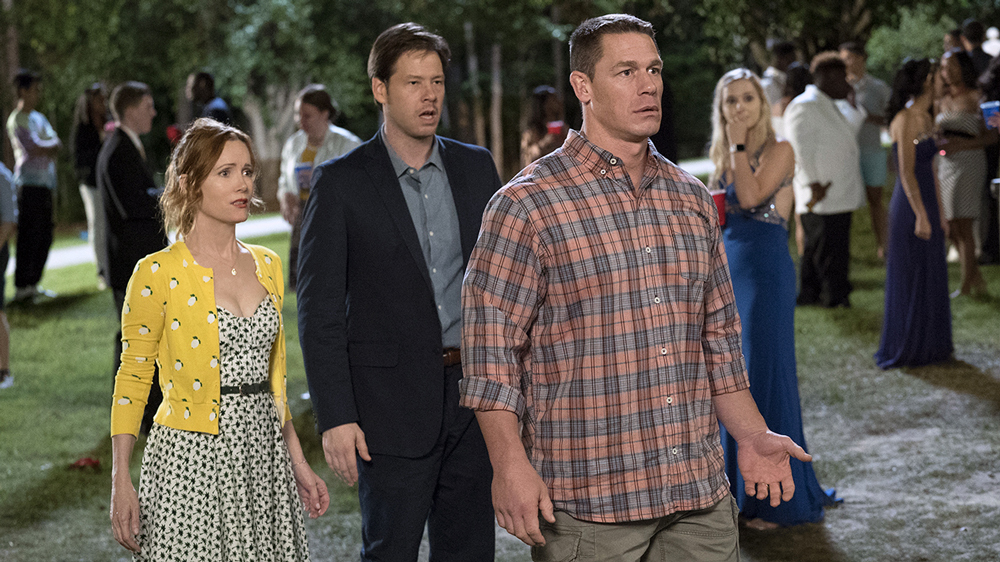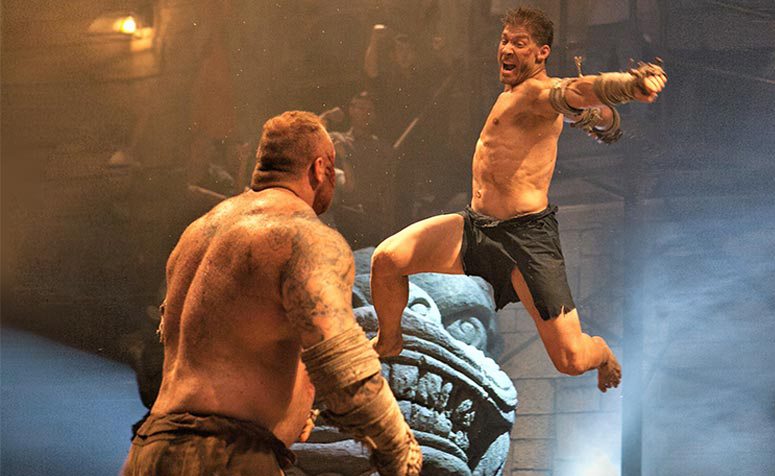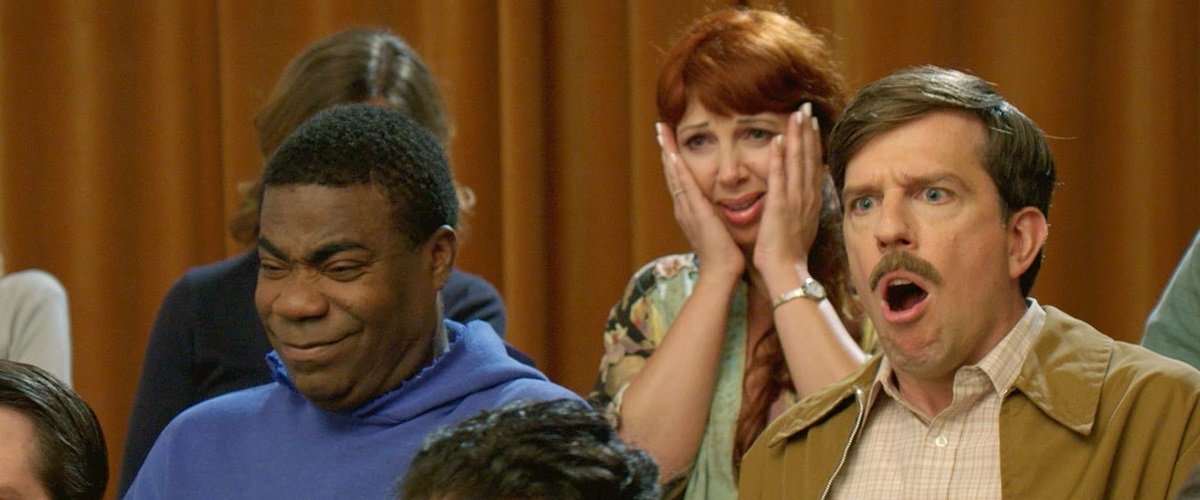File Under 2018 #34: Blockers
/What it’s about: Lisa, Mitchell, and Hunter are friends by association of their three 18-year-old daughters growing up together. Their lives and relationships have changed dramatically since their girls first day of school together. On prom night, these three are forced to work together when they discover their daughters have hatched a plan to all lose their virginity by the end of the night. Meanwhile, Julie, Kayla, and Sam all deal with the pressures of this “big day,” the uncertainty of their friendship going forward, and of course, their crazy parents.
Unorganized thoughts:
No matter what criticisms I may lodge at Blockers [there are a few], please understand first and foremost that this is a very, very funny movie. Watching it with a lively crowd on a Friday night was a lot of fun.
The entire cast is really great, especially the three parents.
Leslie Mann is as reliable and relatable as ever. She just feels like the kind of mom you wish you had. A particular moment near the end of the film where her character cries is one of the funniest sight gags I’ve seen in a long time, but also delivers on its emotional impact.
We all need to just recognize that John Cena is really good at this. He was one of the highlights of Trainwreck, albeit in a much smaller role. Playing the dorky dad would work well enough on a visual level, but his line delivery and timing is spot on. It is impossible not to compare him to fellow wrestling superstar-turned movie star The Rock, it might also not quite be fair at this point as Cena really only has two credits worth discussing [I’m not going to hold The Marine against him], but if he continues to work with smart filmmakers who can use his persona for comedy it’ll be a discussion at some point.
The third parent, played by Ike Barinholtz, is maybe the relative breakout star. Barinholtz has been a sidekick and wacky friend presence in many recent comedies [and also strange against-type appearances in Suicide Squad and Bright], but Blockers steps up that role with more of a real character underneath. He’s not only a scene stealer [his “you guys want to go get a drink” introduction is amazingly funny] but in some ways, the sanest character among the three. His perspective is unusual for this type of broad comedy.
As for the daughters, Blockers has gotten a lot of praise for being an American Pie style sex comedy for females. It is striking just how different this movie is from all the various male-centric teenage comedies we’ve been fed over the years. Blockers explores the differences in some interesting ways, especially by pointing out how the behavior of these characters in a very broad comedy is problematic.
But too often this subtext becomes the text. This is unfortunate but necessary given how moviegoers aren’t primed to understand why three parents trying to stop their daughters from having sex is an incredible double-standard. But did that idea need to be explicitly voiced by characters throughout the film? It is a theme that absolutely needed to be explored, at least not so explicitly.
The most fun subversion of the genre is that the three boyfriends are all total drips. Usually in these movies, the girlfriends have no discernible characteristics, of course only there to serve the manchildrens' sexual desires. This is clearly how the boys are used in Blockers -- none of the three seem particularly interested in sex, which is strange for the genre, but is perfect for the film's goals.
The arty nerdy girl of the group has a Snow White and the Huntsman poster prominently displayed in her room.
Living most of my life in and around Chicago, I found it funny that the film is set in Chicago without any markers of actually being set in Chicago. There is a DePaul t-shirt and a few references in the dialogue, but it was missing the flavor of the specific John Hughes settings that clearly inspired the film.
Can we all agree that it is a bummer the movie couldn’t just be called Cock Blockers? I mean, obviously, there are reasons for that, but simply calling it Blockers isn’t a satisfying compromise -- especially in an otherwise firmly R-rated comedy. I’m not a marketing enthusiast, so I don’t have the appropriate answer here. I just know the title is generic and disappointing especially for a film that does pretty well not being generic at all.




















